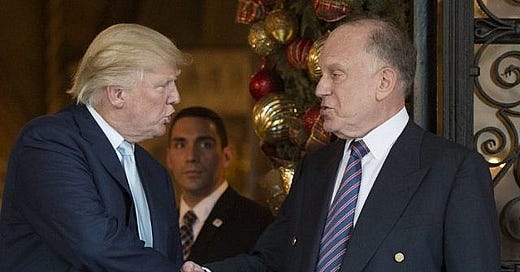Hello, friends. There are many bigger financial stories at the top of all our minds, probably, but I did want to give you an update on that Estee Lauder story a few days ago. Yes, they will be paying $17,500 an hour to NASA to photograph their Advanced Repair Serum, their hero product, in the International Space Station. But the Lauder family also decid…
Keep reading with a 7-day free trial
Subscribe to You've Got Lipstick on Your Chin to keep reading this post and get 7 days of free access to the full post archives.


